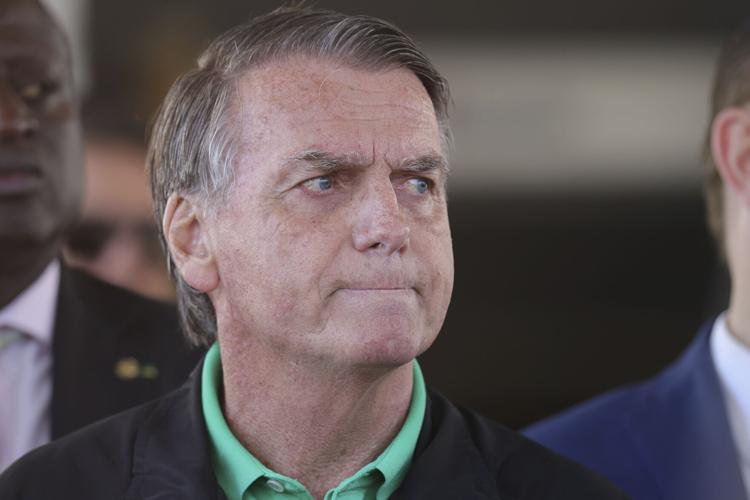BREAKING: Brazil’s Supreme Court has just ordered former President Jair Bolsonaro to enter house arrest as he faces serious charges for allegedly masterminding a coup attempt. The ruling, delivered by Justice Alexandre de Moraes, comes amidst growing tensions within the country and significant public outcry.
This urgent decision was made on Monday, July 31, 2025, following revelations that Bolsonaro had violated court-imposed restrictions by posting content on social media channels linked to his three lawmaker sons. The case has captivated Brazil, especially as it unfolds against the backdrop of a trade war with the Trump administration.
The former president’s legal troubles stem from accusations related to his actions after losing the 2022 presidential election. Many Brazilians are expressing their anger through protests, with demonstrators rallying at Copacabana Beach in Rio de Janeiro on August 3, 2025, voicing their disapproval of Bolsonaro’s ongoing influence and the trial’s implications for Brazilian democracy.
Wearing an electronic ankle bracelet, Bolsonaro has been seen attending religious services and giving press conferences, maintaining his public presence despite his legal challenges. The Supreme Court’s decision to place him under house arrest marks a significant escalation in the ongoing trial, which has drawn national and international attention.
This case is not just a legal matter; it strikes at the heart of Brazil’s political landscape and raises questions about the future of democracy in the country. As Bolsonaro’s supporters and opponents mobilize for demonstrations, the situation remains highly volatile.
What happens next could have profound implications for Brazil’s political future. Observers are closely monitoring the evolving situation, with many expecting further legal developments in the coming days.
Stay tuned for more updates as this story unfolds. It is essential for citizens and observers alike to understand the ramifications of this high-stakes trial and its impact on Brazil’s governance and democracy.
